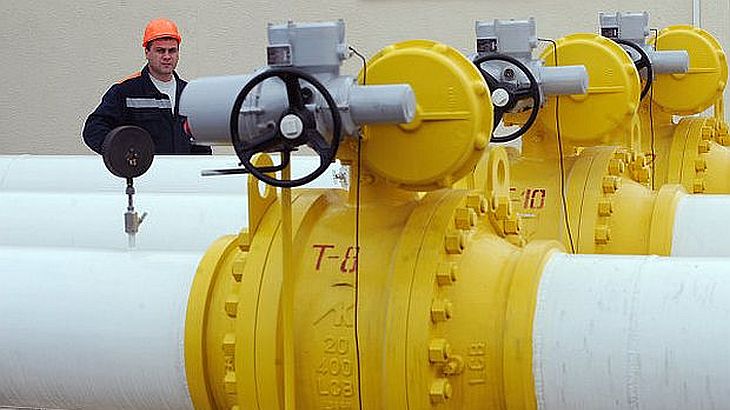Romania, Bulgaria, Hungary and Greece propose an interconnection of national gas networks, called the Aegean Baltic Corridor, for which will seek funding from the European Commission, writes Mediafax. Andrei Gerea, the Romanian Minister of Energy, participated in Sofia, Bulgaria, at a meeting about regional interconnection on natural gas, in which were also present Maros Šefčovič, Vice-President of the European Commission, Miguel Arias Canete, Commissioner for Energy and Climate Change, and delegates from central and Eastern European countries.
“The participants wanted to know the status of interconnection and storage projects planned, and their evolution in the short term. Projected nationally gas demand was also a point of interest in the discussions. We wanted to put on the agenda for debate difficulties in interconnecting programs in order to identify the best solutions and make these projects evolve.
We are especially concerned about diversification of gas supply routes to raise the level of energy security in the region. In this context, Romania, Bulgaria, Greece and, possibly, Hungary will form inside the High Level Group a sub-group responsible for the construction of the Vertical Corridor, to ensure the natural gas interconnection of these countries. Along with projects of common interest, as well as other projects funded by the European Energy Programme for Recovery, Romania has a set of priorities for the development of gas supply infrastructure aimed at completing missing links with neighboring countries”, said Andrei Gerea, Romania’s Energy Minister.
Aegean Baltic Corridor would serve to interconnect the gas transmission system in Greece, Romania, Bulgaria, Poland, Slovakia and Hungary, in order to increase the security of gas supply in Central and Eastern Europe.
On the initiative of Bulgarian Energy Minister, representatives of Bulgaria, Romania, Hungary and Greece have analyzed the opportunity and availability of these four EU Member States to establish a working subgroup to promote the Vertical Corridor (Aegean Baltic Corridor), with the declared intention to be addressed at regional level and be proposed for funding by European Commission. With the exception of Hungary, the heads of delegation agreed with the creation of this body; a first meeting will take place in Sofia in mid-March.
The meeting ended with a joint declaration by the representatives of Austria, Bulgaria, Croatia, Greece, Hungary, Italy, Romania, Slovenia, Slovakia and the European Commission, which announced the creation of the High Level Group CESEC, whose goal is to establish a roadmap regarding the gas infrastructure as a regional priority. The aim is to strengthen energy security by providing access to at least three sources of gas for each state in the region, reads the statement.
Romanian gas network is currently connected to that of Hungary and the Republic of Moldova, but none ensures a high degree of independence to gas imports from the Russian Federation, as gas is imported from Hungary and gas are exported through the line towards the Republic of Moldova.
The European Commission has allocated in previous years, funds for connecting the gas system in Bulgaria, but this link has not yet been achieved. Romania provides the bulk of its gas demand from internal production, but its imports come from Russia. The Government considers that Romania will not need gas imports after 2020, when hopes to start production in the Black Sea, but the start of production depend on operators.
